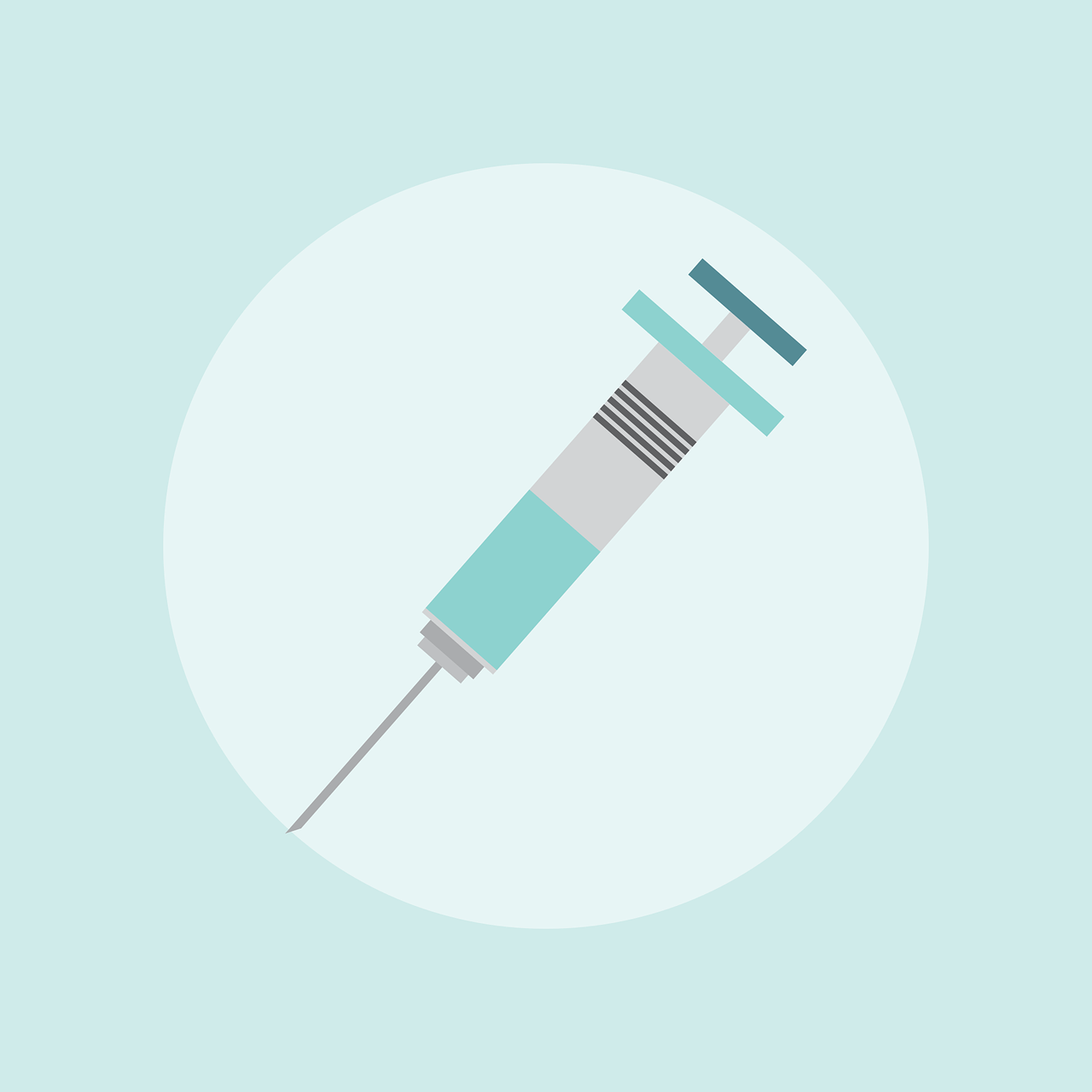
- What's the Benefit of Opening for Taylor Swift?
- Taste Research Suggests Pearl Millet Could be a Healthy, Sustainable, Gluten-free Wheat Alternative in the U.S.
- New Data Finds Health Care Organizations May Not Be Doing Enough to Connect Patients with Housing Services When They’re Needed Most.
- New Research Finds Fluorescence in Feathers of Long-eared Owls

Vaccine-preventable disease (VPD) outbreaks are increasing in frequency in the United States, but this trend is also met with an uptick in legislation aimed at increasing childhood vaccination in places where those epidemics occurred, according to findings published today in JAMA Pediatrics from researchers at the Dornsife School of Public Health at Drexel University.
The Drexel team found that as VPD outbreaks increased, so did introduction of state legislation intended to restrict laws that allow for skipping childhood vaccinations. The team looked at 2010-2016 state-level data on 12 different childhood VPDs reported to health departments, including Hepatitis A and B, flu, measles, whooping cough and others. They then probed state legislature data for bills introduced the year following the start of an outbreak, between 2011-2017, that would expand or reduce the criteria required to be vaccinated for these diseases.
Th
“Vaccines are our best public health tool for controlling many childhood diseases,” said lead author Neal D. Goldstein, PhD, an assistant research professor of epidemiology and biostatistics at Drexel’s Dornsife School of Public Health. “Seeing an uptick in legislation aimed at cutting vaccine exemptions following disease outbreaks suggests that media coverage may raise public awareness and advocacy and response from legislators. While it is unfortunate it took outbreaks of preventable disease to spawn legislative action, it further affirms the widespread support of this life-saving intervention.”
According to the Wellcome Global Monitor 2018 report, support for vaccination varies substantially between countries, with lower income regions reporting greater confidence than higher income regions do in vaccines. This distrust of vaccines in some wealthier countries makes “herd immunity” – vaccination of the vast majority of a population to prevent individuals from contracting a disease and spreading it to others – much more difficult to achieve, particularly in small, but vocal communities who are hesitant to vaccinate.
The latest report on the consensus among the scientific community in support of vaccines is summed up in The Salzburg Statement on Vaccination Acceptance, published by some public health experts in July 2019 in the Journal of Health Communication. In the text, the authors share their “unwavering commitment to universal childhood vaccination.”
In November 2018, Goldstein and colleagues published a study in the American Journal of Public Health showing that, despite increasing numbers of anti-vaccine bills being introduced in state legislatures from 2011 to 2017, pro-vaccine legislation was more likely to become law.
After countless studies on how laws affect health, the Drexel team flips that model on its head to report data about how health affects laws.
“We believe this paradigm can be applied to many other public health areas, not just vaccination,” said Goldstein, who also consults for Merck Sharp & Dohme Co., but noted that the company had no role in the study or its outcome.
The Drexel study follows a 2018 study in the Journal of Health Economics linking a whooping cough outbreak to an increase in vaccination among kindergarteners.
In addition to Goldstein, additional authors include Jonathan Purtle, DrPH, from Drexel and Joanna S. Suder from the Delaware Department of Justice.
In This Article
Contact
Drexel News is produced by
University Marketing and Communications.